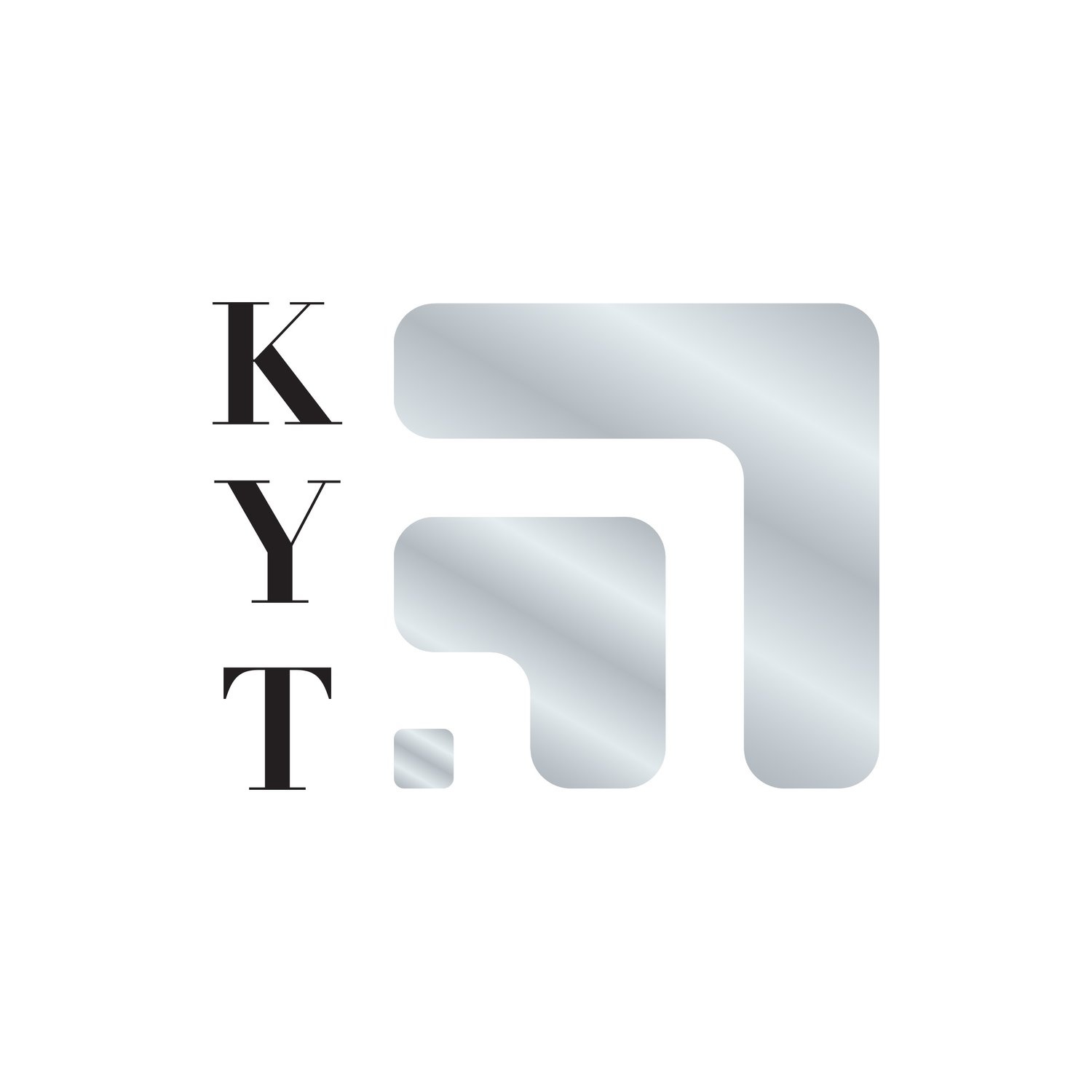Doing Business in Asia: Aligning Business Strategy and Tax Compliance with a Hong Kong company
For Dutch companies expanding into Asia, the set-up of a Hong Kong company can potentially create a tax-efficient structure. This is because, amongst others, Hong Kong applies a territorial source regime, meaning that only profits that arise in or are derived from Hong Kong, or deemed as such, are taxable.
However, in today’s regulatory environment, global tax compliance and objectively verifiable business functions are just as critical as tax optimization. In this article, Kenneth, Tax Partner at KYT and Linda van de Reep, Tax Partner at (Dutch law firm) Buren, respectively, discuss current tax principles for a compliant structure, aligning governance with a favorable tax treatment between Hong Kong and the Netherlands.
🔗 Read the full article here.
If you have any queries or would like to discuss the above, please contact us at info@kyimtax.com.
